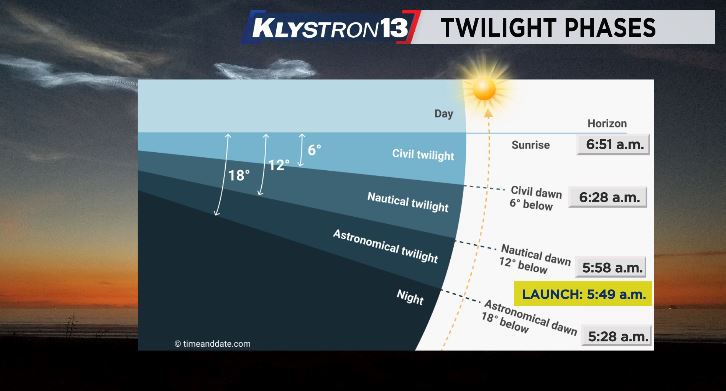OHIO — A significant rewrite of Ohio’s election laws will call for prohibiting off-site ballot drop boxes, eliminating a day of early voting and tightening Ohio’s voter ID requirement while also adding new conveniences to elections, such as allowing absentee ballot requests to be submitted online and automating voter registration, according to a description of the forthcoming legislation distributed to lawmakers Thursday.
“Happily for Ohio, the reforms we have already implemented helped to ensure that there were only minimal complaints about the Ohio election results in 2020,” state Rep. Bill Seitz’s office told fellow representatives in his co-sponsorship request. “But there is always room for improvement in safeguarding the integrity of election processes.”
Seitz, a Cincinnati Republican, told The Associated Press earlier this week that the bill he’s been working on for months is not a suppressive overhaul of voting protocols, as has caught attention in Georgia and other states, but a careful effort to incorporate changes sought by Democrats, Republicans, election officials and voter advocates. His letter said it will be introduced “in the near future.”
Provisions establishing an automated voter registration system through the Bureau of Motor Vehicles and creating a secure online system for submitting absentee ballot requests were priorities of Republican Secretary of State Frank LaRose, as well as voting rights advocates, as was an item moving the date to request absentee ballots from 3 days to 10 days before an election.
“Based on our discussions with House leadership on what will be included in their legislation, the House is to be commended for its efforts to strengthen what is already proven to work in Ohio,” LaRose spokesperson Rob Nichols said in a statement, “particularly for its work to create a modernized voter registration system and a long-overdue, secure online absentee ballot request system.”
But requesting an absentee ballot online would be more difficult under the bill than requesting a paper version is now, requiring two forms of ID rather than one. The bill also will clarify that LaRose’s office can use public funds to mail request forms to all voters, but prohibit him from pre-paying postage for either returning the request forms or actual absentee ballots without legislative approval.
Seitz’s legislation also will prioritize the order of forms of identification that voters can present, so that they may not use the last four digits of the social security number many have committed to memory if they have been issued an Ohio driver’s license or state ID card. For those without the other forms of ID, a provision says they can use electronic versions of their bank statements or utility bills rather than hard copies.
The bill would permanently prohibit off-site ballot drop boxes whose placement had been the subject of a lengthy series of court battles last year, but allow Ohio’s 88 county boards of elections to place up to three drop receptacles on their premises for the 10 days ahead of the election.
Also under the bill, early voting will be eliminated on the Monday before the election, a provision advocated by county election officials for logistical reasons. LaRose’s office may be given some flexibility to float that day elsewhere in the schedule.
The sweeping measure will clarify that the practice of ballot harvesting constitutes election fraud and make explicit that an absentee ballot received by an elections board that’s inside the absentee ballot return envelope but not inside the ID envelope cannot be cured, according to the letter.
In another item important to voter advocates, the bill will permanently expand the definition of recent voter activity necessary to preclude someone from being purged from state voter rolls to include signing candidate or issue petitions.
It also expands the “Youth at the Booth” program that makes all 17-year-olds eligible to serve as precinct workers, not only those who are high school seniors.




